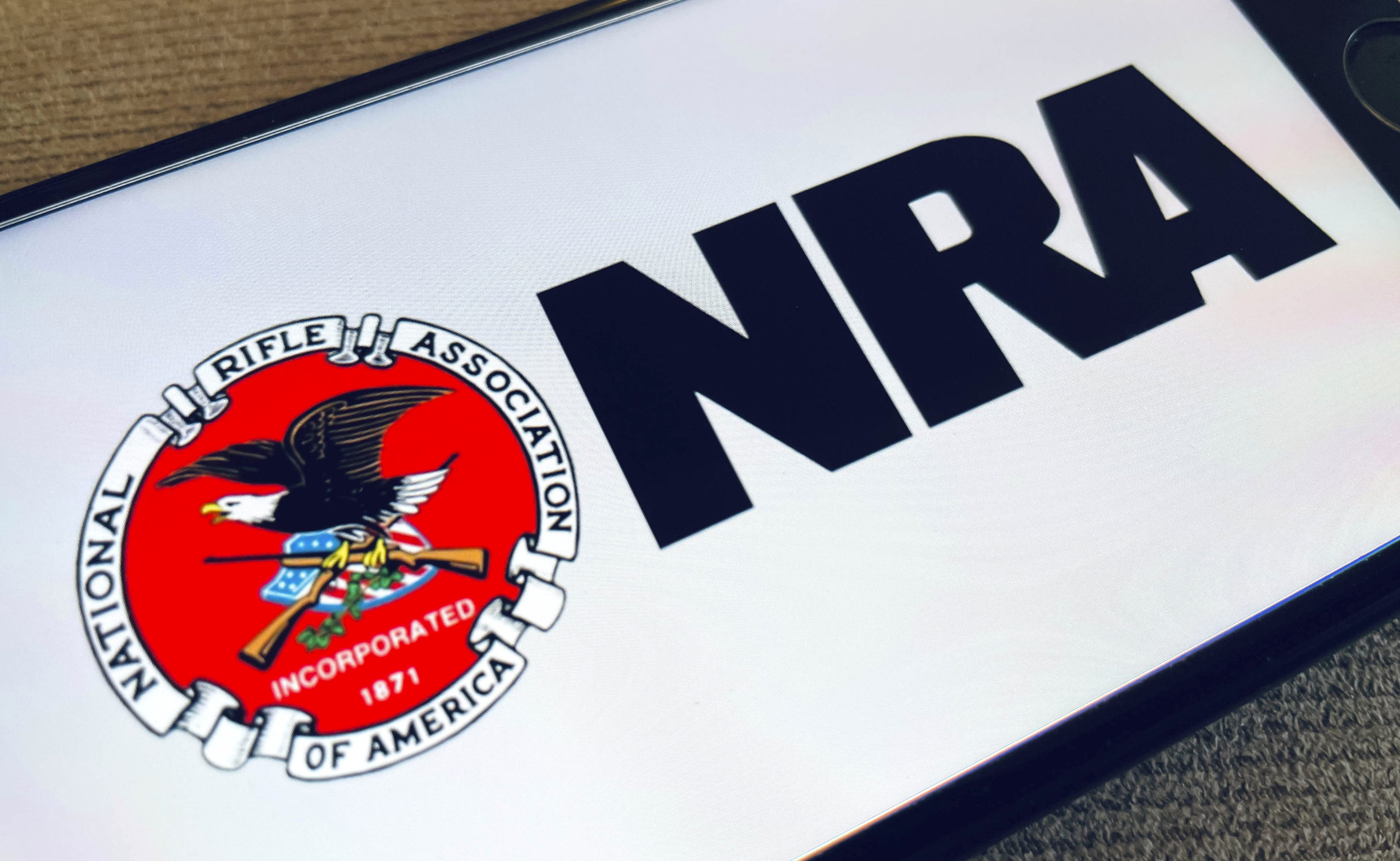After running a deficit four years in a row, the National Rifle Association ended 2020 in the black, according to an internal report filed in the gun group’s recently failed bankruptcy bid.
The report, which the NRA treasurer delivered to its board of directors in January, includes revenue and expense figures for the first 11 months of 2020. It shows revenues of $256 million, expenses of $219 million, and that the group paid down $45 million in debt.
The report pointed to widespread cost-cutting, stating that “structural adjustments were made across all areas, beginning in late March, which materially reduced spending levels in personnel and benefits, key annual events, programs and general operating activities.”
Brian Mittendorf, an accounting professor at The Ohio State University who studies the NRA, said that if figures for December 2020 matched the averages for the previous 11 months, the NRA posted revenue of $279 million and expenses of $239 million.
“To the extent that they had a turnaround in 2020,” Mittendorf said of the group’s finances, “it’s not because their revenues are up, it’s because they drastically cut the expenditure side.”
The NRA did not immediately respond to a request for comment.
Mittendorf compared the report to the NRA’s annual tax filings, with the caveats that accounting methods could differ and that the pandemic likely disrupted both revenue and expenditures in 2020.
In presidential election years, NRA spending typically goes up. In 2016, it grew 36 percent from 2015, Mittenforf said, and in 2012 it was up 10 percent from 2011. Despite last year’s contentious election, however, NRA spending fell by a projected 21 percent, after having dropped 15 percent in 2019.
NRA revenues also typically increase during presidential election years, when donors are highly motivated, and were up 9 percent in 2016 and 17 percent in 2012. According to Mittendorf’s review, however, NRA revenue fell by a projected 4 percent last year.
The NRA faces an uncertain future. The organization, a New York corporation, is seeking to reorganize in Texas and a lawsuit filed by New York’s attorney general could result in the group’s restructuring or even dissolution, though resolution of the case may be years away.
“We may have quietly seen what the new normal looks like,” Mittendorf said of the 2020 financial report, “which is a very scaled-back organization.”

